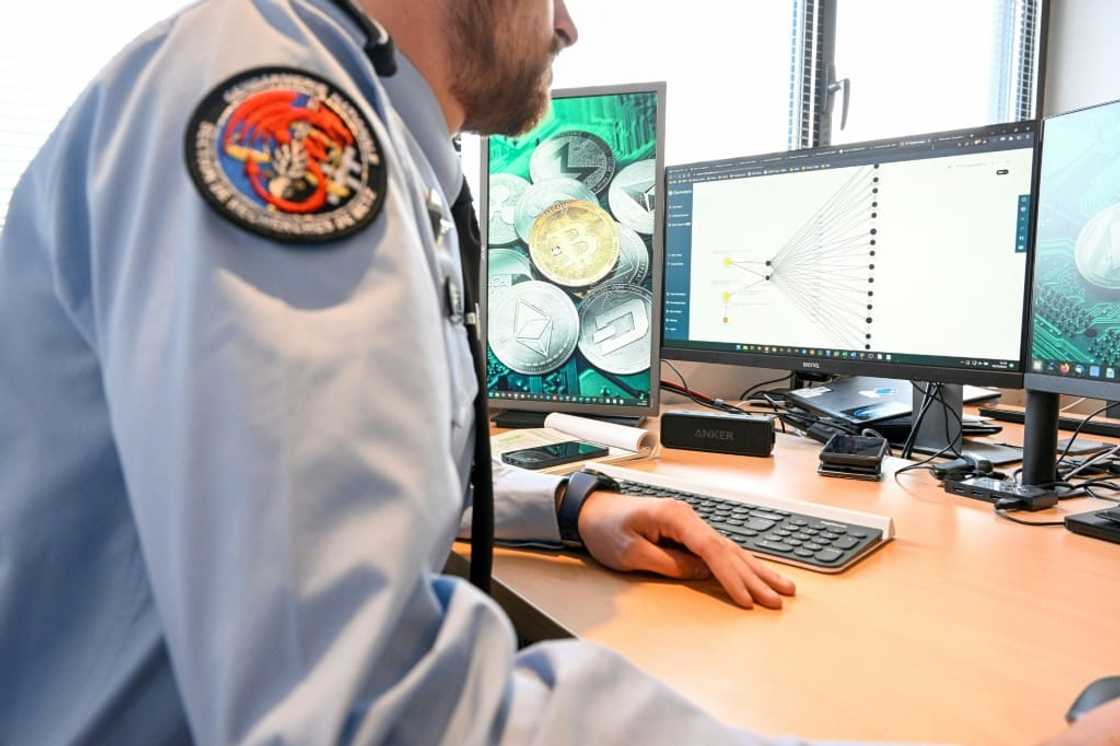Online video games, the latest hunting grounds for drug cartels

Source: AFP
Narcotics police the world over are sprucing up their video game skills, as cartels go increasingly online to sell drugs and recruit dealers.
"Cartels have been incredibly tech savvy over recent years, reaching vast audiences," Benjamin Shultz, foreign malign influence analyst at Deloitte, told a Council of Europe meeting.
"The Sinaloa Cartel has a Twitter account with almost 200,000 followers and they tend to post nearly daily, engaging and posting images and other contents that glorify what they do," he said. The account has since been shut down.
To bring greater attention to the role of online gaming in the drug trade, the Council of Europe's Pompidou Group, which works on international drug issues, held a forum in Mexico City on December 19 and 20.
Online games such as "Grand Theft Auto" or "World of Warcraft" provide perfect cover for cartels to discreetly sell drugs or find personnel.
Emoji conversations
"The darknet has been decreasing in popularity for cartels, law enforcement has gotten pretty good at getting into the darknet, whereas video games garner really untapped resources and are very unmonitored," Shultz said.
PAY ATTENTION: Let yourself be inspired by real people who go beyond the ordinary! Subscribe and watch our new shows on Briefly TV Life now!
In online games, users can connect with almost anyone, teenagers can talk to strangers, and there are not many controls, he explained.

Source: AFP
The games' internal messaging systems are extremely difficult to intercept, particularly when traffickers communicate with emoticons or emojis.
An entire conversation can be carried out with symbols, avoiding any suspect words that could trigger attention.
Within drug circles in the United States, the electric plug emoji means "dealer," a small palm tree means "marijuana," and a key stands for "cocaine."
Mexican police were the first to notice the practice, with an early case involving three adolescents aged 11 to 14 who were recruited while playing "Garena Free Fire" and offered $200 a week to be lookouts in Mexico City.
The three were arrested just before boarding a bus that their recruiter had bought them tickets for.
'Not an isolated phenomenon'
"This type of transaction and dealing is still much more common on Instagram or Snapchat, and most of the cases with video games have been localised near the US-Mexico border," Shultz said.
"In Europe video games are very unregulated, they're not monitored so this could be very well percolating under the surface," he added.
Thomas Kattau, deputy executive secretary of the Council of Europe's Pompidou Group, said "it is a global issue, and the idea is you need to have a forum where we can make law enforcement and governments aware of the phenomenon."
"Mexico is the country that has taken the lead on this issue and brought it to the attention of law enforcement," he said.
"And now we have seen similar things occurring in the UK and other countries, and therefore we see it is not an anecdotal, isolated phenomenon, but something which is quickly replicating."
Shultz and Kattau suggest better education both for parents and their children about the risks of online games, as well as greater efforts by game developers to reinforce protections, above all by using artificial intelligence to improve surveillance software.
Source: AFP




